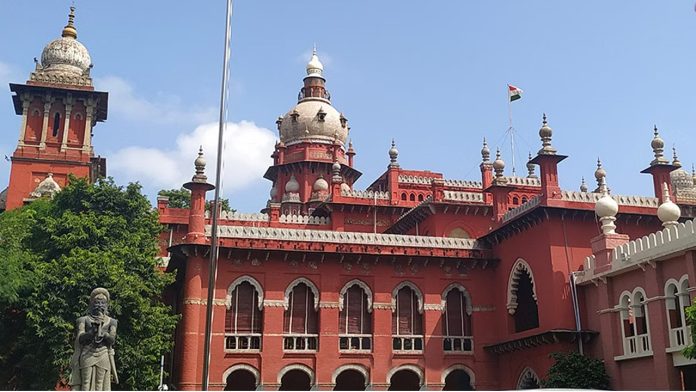In a recent judgement that sparked heated debate, the Madras High Court challenged the age-old practise of assigning temple priests based on caste, instead calling for meritocracy in religious matters. While some see it as a step forward towards inclusivity, others contend that religious organisations should be separate and immune from judicial interference.
The ruling came in response to a writ petition filed by Muthu Subramania Gurukal, who challenged a job posting for the renowned position of Archagar/Sthanigar at Salem’s venerated Sri Sugavaneswarar Swamy Temple. Gurukal contended that appointments should strictly adhere to Agama principles, which control temple rites and emphasise inherited rights.
In an unexpected departure from traditional norms, Justice N Anand Venkatesh said explicitly in his decision that caste should not be used to decide eligibility to become a temple priest. He instead emphasised the need of extensive knowledge and experience in religious scriptures and rituals. The court argued that the core of religious service is its secular component, which distinguishes it from a broader range of religious beliefs.
The order said, “The apex court differentiated between the religious portion and the secular portion, and held that the religious service by an Archaka is the secular part of the religion and the performance of the religious service is an integral part of the religion. Therefore, the prescription provided by the Agamas gains significance only when it comes to the performance of the religious service. Ex consequenti, any person belonging to any caste or creed can be appointed as an Archaka provided he is well-versed and an accomplished person in the Agamas and rituals necessary to be performed in a temple.”
It further added, “…it is made abundantly clear that the pedigree based on caste will have no role to play in the appointment of Archaka if the person so selected otherwise satisfies the requirements.”
While supporters of equality and social progress praised the ruling, critics expressed alarm over the court’s participation in topics normally reserved for religious authorities. They claim that religious institutions, as separate entities with their own set of laws and customs, should be protected from outside intervention, including judicial inspection.
These critics contend that the autonomy of religious institutions must be preserved, as they form an integral part of cultural heritage and spiritual practices deeply rooted in history. They argue that the courts should respect the boundaries between state and religion, allowing religious bodies to function autonomously within the framework of their established traditions.
However, proponents of the court’s decision assert that ensuring merit-based appointments fosters a more inclusive and egalitarian society. They believe that dismantling the caste-based system in temple priest appointments paves the way for qualified individuals, irrespective of their social background, to contribute their expertise and enrich religious practices.
This ruling not only challenges the status quo but also brings to the forefront the ongoing debate on the extent of judicial intervention in religious matters. It underscores the need for a delicate balance between safeguarding the autonomy of religious institutions and upholding the principles of equality and fairness.

